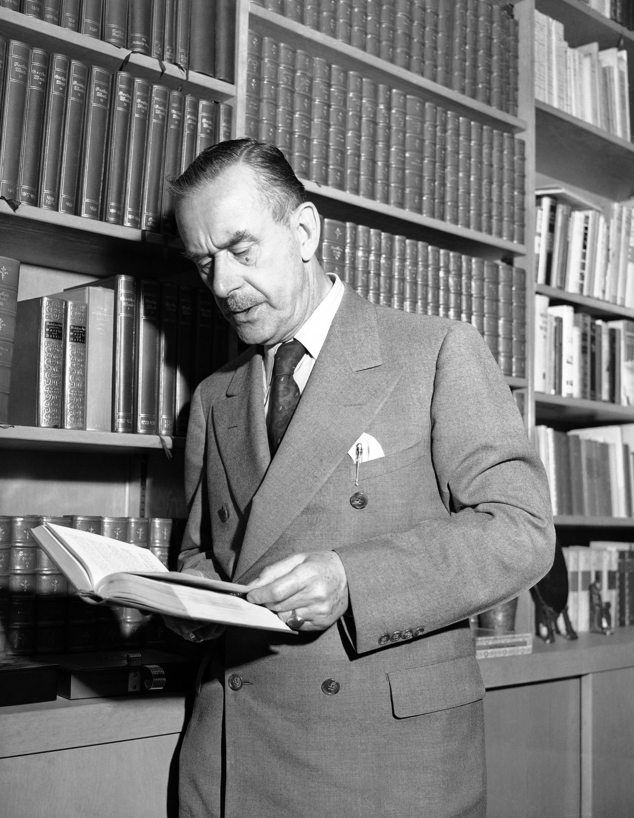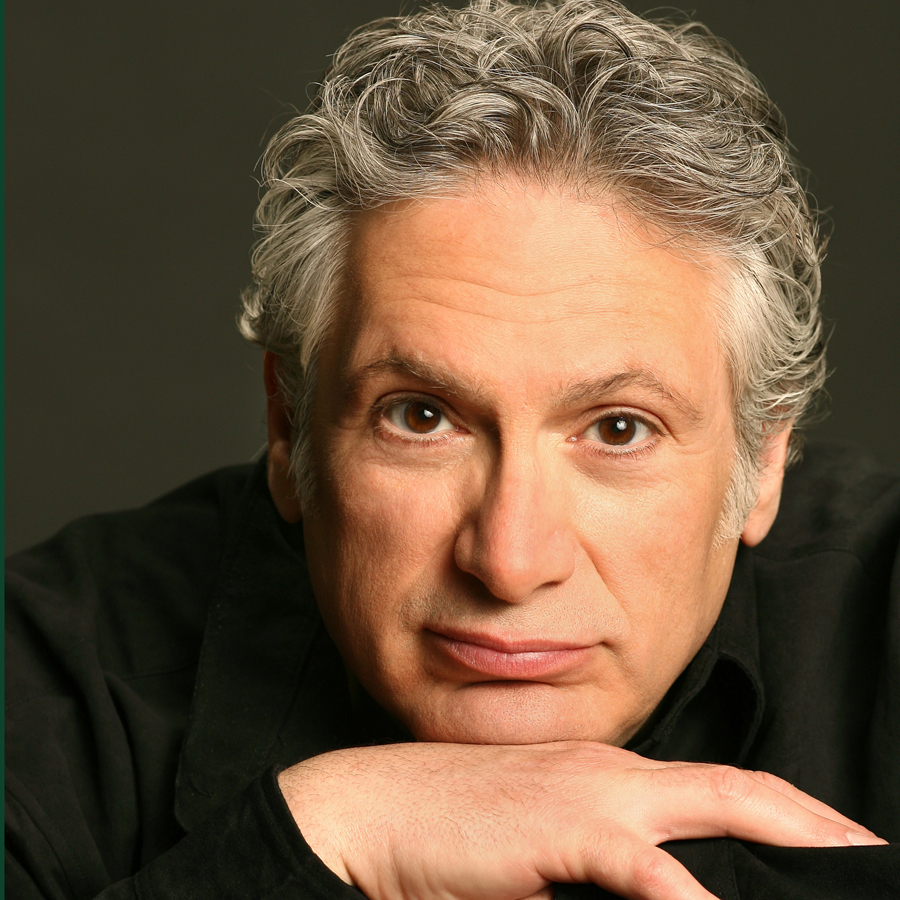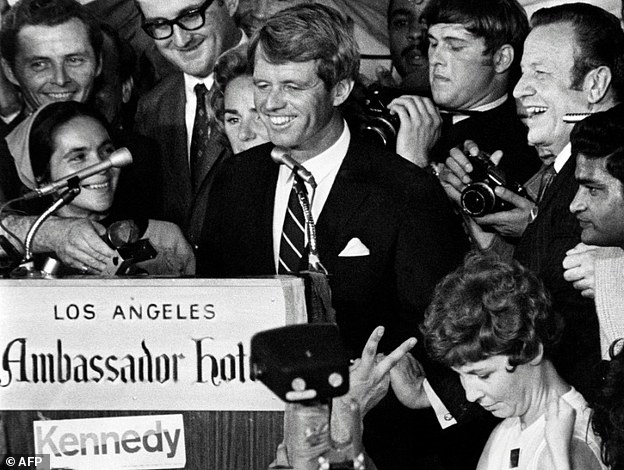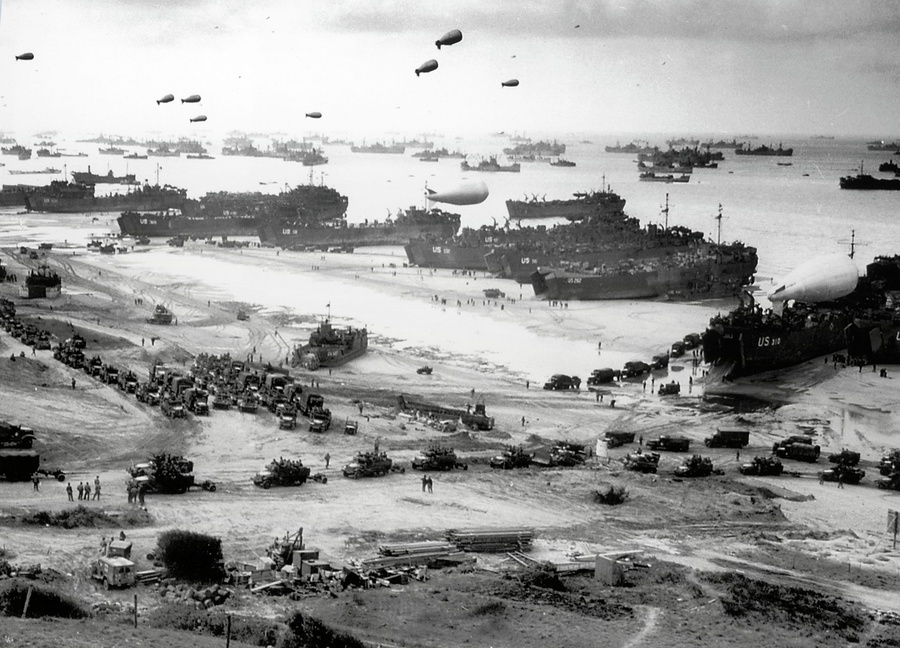|
Gay Wisdom for Daily Living brought to you by White Crane Institute ͏ ͏ ͏ ͏ ͏ ͏ ͏ ͏ ͏ ͏ ͏ ͏ ͏ ͏ ͏ ͏ ͏ ͏ ͏ ͏ ͏ ͏ ͏ ͏ ͏ ͏ ͏ ͏ ͏ ͏ ͏ ͏ ͏ ͏ ͏ ͏ ͏ ͏ ͏ ͏ ͏ ͏ ͏ ͏ ͏ ͏ ͏ ͏ ͏ ͏ ͏ ͏ ͏ ͏ ͏ ͏ ͏ ͏ ͏ ͏ ͏ ͏ ͏ ͏ ͏ ͏ ͏ ͏ ͏ ͏ ͏ ͏ ͏ ͏ ͏ ͏ ͏ ͏ ͏ ͏ ͏ ͏ ͏ ͏ ͏ ͏ ͏ ͏ ͏ ͏ ͏ ͏ ͏ ͏ ͏ ͏ ͏ ͏ ͏ ͏ ͏ ͏ ͏ ͏ ͏ ͏ ͏ ͏ ͏ ͏ ͏ ͏ ͏ ͏ ͏ ͏ ͏ ͏ ͏ ͏ ͏ ͏ ͏ ͏ ͏ ͏ ͏ ͏ ͏ ͏ ͏ ͏ ͏
|
|
||||
| This Day in Gay History | ||||
June 06Born 1875 - THOMAS MANN, German writer, Nobel Prize laureate (d. 1955); a German novelist, short story writer, social critic, philanthropist, essayist, and 1929 Nobel Prize laureate, known for his series of highly symbolic and ironic epic novels and mid-length stories, noted for their insight into the psychology of the artist and intellectual.
His analysis and critique of the European and German soul used modernized German and Biblical stories, as well as the ideas of Goethe, Nietzsche and Schopenhauer.
Mann's diaries, unsealed in 1975, tell of his struggles with his sexuality, which found reflection in his works, most prominently through the obsession of the elderly Aschenbach for the 14-year-old Polish boy Tadzio in the novella Death in Venice (Der Tod in Venedig, 1912).
Anthony Heilbut's biography Thomas Mann: Eros and Literature (1997) was widely acclaimed for uncovering the centrality of Mann's sexuality to his oeuvre. Gilbert Adair's work The Real Tadzio describes how, in the summer of 1911, Mann had been staying at the Grand Hôtel des Bains in Venice with his wife and brother when he became enraptured by the angelic figure of Władysław Moes, an 11-year-old Polish boy. Considered a classic of homoerotic passion (if unconsummated) Death in Venice has been made into a film and an opera. Blamed sarcastically by Mann’s old enemy, Alfred Kerr, to have ‘made pederasty acceptable to the cultivated middle classes’,
it has been pivotal to introducing the discourse of same-sex desire to the common culture. Mann himself described his feelings for young violinist and painter Paul Ehrenberg as the "central experience of my heart." Despite the homoerotic overtones in his writing, Mann chose to marry and have children. His works also present other sexual themes, such as incest in The Blood of the Walsungs (Wälsungenblut) and The Holy Sinner (Der Erwählte). 1894 - VIOLET TREFUSIS an English writer and socialite, born (d: 1972); Violet was “the other woman” in the life of Harold Nicolson and his wife Vita Sackville-West, the relationship which was featured under disguise in Virginia Woolf's Orlando: A Biography. As the daughter of Alice Keppel, the mistress of Edward VII, Violet enjoyed a childhood of mystery and romance in a house where “Kingy” was a regular, if undiscussed, visitor.
She and Vita met when they were girls. During WWI their friendship developed into a passion. Though they both made conventional marriages, Violet could finally bear her love no longer and instigated the “elopement” that has since become a special chapter in the history of love.
When Vita returned to her family and her writing at Sissinghurst, Violet imposed exile upon herself, turning to art and writing and the fantasy world of international society. But the feelings that she and Vita shared never abated. “You are the un-exploded bomb to me,” Vita wrote Violet in 1940. “I don’t want you to disrupt my life.” Even after twenty years of separation, she could still write of the love that “always burns in my heart whenever I think of you.” 1952 - HARVEY FIERSTEIN, American actor, born; An American Tony Award-winning and Emmy Award-winning actor, playwright and screenwriter is perhaps known best for the play and film Torch Song Trilogy, which he wrote and starred in and originating the role of Edna Turnblad in the Broadway musical Hairspray.
The 1982 Broadway production won him two Tony Awards, for Best Play and Best Actor in a Play, two Drama Desk Awards, for Outstanding New Play and Outstanding Actor in a Play, and the Theater World Award, and the film earned him an Independent Spirit Award nomination as Best Male Lead. Fierstein also wrote the book for La Cage aux Folles (1983), winning another Tony Award, this time for Best Book of a Musical, and a Drama Desk nomination for Outstanding Book. Legs Diamond, his 1988 collaboration with Peter Allen, was a critical and commercial failure, closing after 72 previews and 64 performances.
His other playwriting credits include Safe Sex, Spookhouse, and Forget Him. Fierstein developed a new musical titled A Catered Affair in which he starred with Faith Prince, Leslie Kritzer and Tom Wopat. Fierstein is an occasional columnist writing about Gay issues and appears regularly on the PBS series In The Life. He was out at a time when very few celebrities were. His most recent Tony was for Kinky Boots, with Cindy Lauper. Died 1968 - Robert F. Kennedy was shot on June 5, 1968 in Los Angeles on the night he had won the California primary in his campaign for President of the United States. As a result of the win in the California Primary that night, he assumed the leadership of the liberal wing of the Democratic Party shutting out Eugene McCarthy. For nearly four years — ever since a dramatic appearance on the last night of the 1964 Democratic Convention, when a standing ovation delayed the opening of his speech by a full 16 minutes — he had been the favorite of liberal Democrats, who were deserting Lyndon Johnson because of the Vietnam War. Elected to the Senate from the state of New York in 1964, he had also emerged as a spokesman for the urban poor, who had rioted in Harlem in 1964, in Watts in 1965 and in nearly every major city from 1966 through the spring of 1968. His death on this date froze him in time as a symbol of that era. For many American liberals, especially after that year’s election culminated in the victory of Richard Nixon, he also became a symbol of not just a better past, but also a better future that might have been. Lost in the aftermath of his death and the tumultuous events of the rest of 1968, is the matter of just how liberal Robert Kennedy really was. Recently his son, Robert Kennedy Jr., has raised questions about who shot his father, asserting that he believes there may have been a second shooter. Sirhan B. Sirhan, a 24-year-old Palestinian immigrant, was arrested and later convicted of the shooting at the Ambassador Hotel. Kennedy was mortally wounded after celebrating his victory in California's Democratic primary as he exited the hotel through the hotel kitchen. Although Sirhan was captured at the scene with a .22-caliber handgun in his hand and later admitted that he shot Kennedy, new evidence has emerged over the years that suggests there may have been as many as 13 shots fired that night. Sirhan's gun held only eight bullets. There has also been disagreement among experts over the years about whether some of the recovered bullets were fired from the same gun. Noteworthy 1944 - Today was D-DAY. The Normandy landings (code named Operation Neptune) were the landing operations on Tuesday, June 6, 1944 (termed D-Day) of the Allied Invasion of Normandy in Operation Overlord during World War II. The largest seaborne invasion in history, the operation began the liberation of German-occupied northwestern Europe from Nazi control, and contributed to the Allied victory on the Western Front. Nearly 5,000 landing and assault craft, 289 escort vessels, and 277 minesweepers participated. Nearly 160,000 troops crossed the English Channel on D-Day, with 875,000 men disembarking by the end of June.
Allied casualties on the first day were at least 10,000, with 4,414 confirmed dead. The Germans lost 1,000 men.
Caen, a major objective, was still in German hands at the end of D-Day and would not be completely captured until July 21. The Germans had ordered French civilians, other than those deemed essential to the war effort, to leave potential combat zones in Normandy. Civilian casualties on D-Day and D+1 are estimated at 3,000 people.. | ||||
|
|8|O|8|O|8|O|8|O|8|O|8|O|8|O|8| Gay Wisdom for Daily Living from White Crane Institute "With the increasing commodification of gay news, views, and culture by powerful corporate interests, having a strong independent voice in our community is all the more important. White Crane is one of the last brave standouts in this bland new world... a triumph over the looming mediocrity of the mainstream Gay world." - Mark Thompson Exploring Gay Wisdom & Culture since 1989! |8|O|8|O|8|O|8|O|8|O|8|O|8|O|8| | ||||
|
|||||
|






